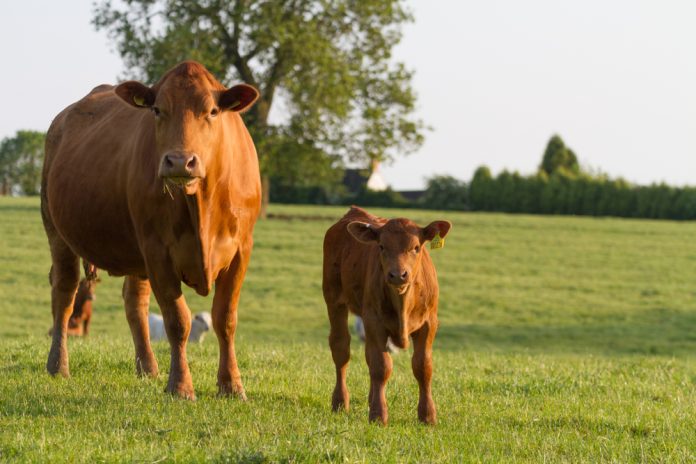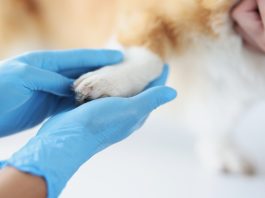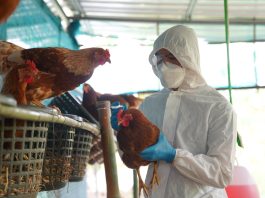A new report highlights the devastating impacts that bovine tuberculosis has on the health and wellbeing of UK farmers.
Featuring contributions from more than 450 farmers, the report details that bovine TB has a ‘continued serious human impact’.
These impacts include financial costs, mental illness, physical injuries and damage to overall wellbeing.
The report was commissioned by The Farming Community Network (FCN) following a survey of farmers throughout 2023-2024.
How to spot bovine TB
Bovine TB is caused by a bacterium called Mycobacterium bovis (M. bovis), which is closely related to the bacterium that causes human and avian tuberculosis.
All mammalian species, including humans, are susceptible to bovine TB.
It is mainly a respiratory disease. Transmission can occur through nose-to-nose contact and also through contact with saliva, urine, faeces and milk.
Cattle can become infected when directly exposed to infectious cattle (or other infectious animals) and their excretions. The movement of cattle with undetected infection is the most likely way that disease spreads to new areas.
It is hard to spot bovine TB as the signs are similar to other diseases and normally only develop in advanced stages of infection.
The disease is normally picked up in the compulsory cattle testing programme before clinical signs develop. Occasionally, it is also detected during inspections of slaughtered cattle.
Infected cattle will:
- Keep getting thinner
- A light fever that keeps coming back
- A weak or reduced appetite
The mental impacts of the disease on humans
The risk of infection in humans is very low for the vast majority of the population. It’s actually the mental impacts of their herds catching bovine TB that affect humans the most.
The key finding of the report is that many farmers believe the impact of bovine tuberculosis outweighs having to deal with the shorter-term impact of a disease outbreak.
The health symptoms reported by farmers range from fear and depression, sleepless nights and persistent anger to a deep sense of loss of control over their personal lives and their business.
Many also shared that health impacts are generated more by anticipation of statutory testing and the fear engendered in anticipation of an outbreak than by the disease itself.
One farmer in England who responded to the survey said: “Horrific interest rates eroded our ability to survive, yet that still pales with the loss of our beautiful cows.”
For many farmers, the impact of bovine TB puts a brake on business expansion and puts long-term development plans on hold, the report found.
It concludes that the impact of the disease can contribute to the disengagement of farmers from the statutory policies designed to manage and eliminate the disease.
Report recommendations
The report importantly highlights the often positive relationship between farmers and vets, with both commonly stating that they enjoy a high level of mutual friendship and respect.
Furthermore, the report recommends that an agency independent of the government should be set up to manage TB in the agricultural sector.
Dr Jude McCann, CEO of the Farming Community Network, said the disease continued to cause farming communities a significant amount of stress and uncertainty.
She said: “Farmers shared their personal experiences of bovine TB and the devastating impacts on their health, wellbeing and financial security.
“We hope the findings and recommendations of this report will help to raise awareness of the human impacts of this disease and ensure that farmers’ health and wellbeing remain at the heart of decision-making.”
She concluded: “Lastly, we also hope to see greater UK-wide collaboration across agencies, organisations and farm businesses, working together to eradicate bovine tuberculosis.”





